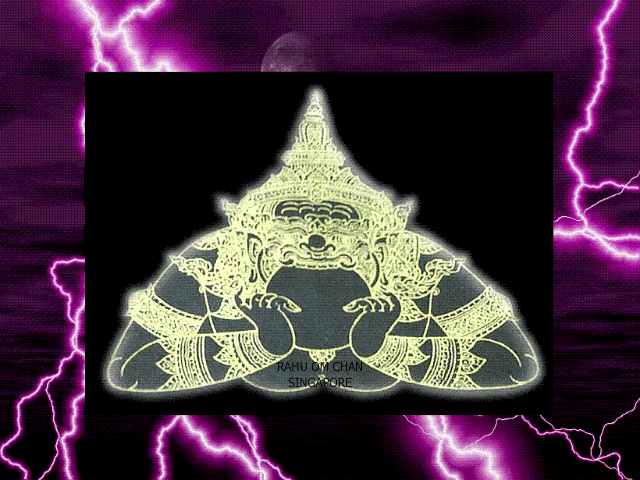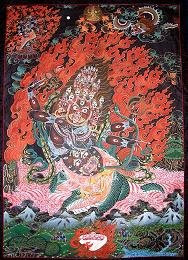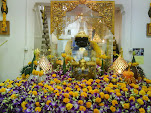俗语说:「平时不烧香,临时抱佛脚。」有的考生平时不用功,到了考试的时候,才加紧开夜车;
也有一些做生意的人平时没有结交善友,不肯与人结缘,到了要做事的时候,才急著到处求人,
向人拜托。
所谓「平时不烧香,临时抱佛脚」,就是意谓著:春天不播种,秋来那能有收成呢?
话说有一个长工,看到主人拥有一尊金佛,每日礼拜,心中慨叹自己无钱,连想要拜佛都没有机会。
有一天,趁著主人不在家,自己悄悄的走到佛像前面礼拜。但是事有不巧,被主人看到了,
而且厉声责骂他:「你有什么资格拜我的金佛?」长工不得已,后来在砍柴的时候利用一根木材,
他就动手刻了一尊佛像,供在自己简陋的住处礼拜。当主人发觉他的家中人来人往,
原来大家都到他的家里礼拜木佛。主人非常生气与嫉妒,声言要让金佛与木佛比斗。
当比赛开始后,初时两佛推挤,势均力敌;但过不了多久,金佛渐渐屈居下风,
终至不敌木佛而倒地不起。主人就责怪金佛:「为什么你连木制的佛像都不如?」
金佛说:「主人呀!你看那一尊木佛,每天有多少的信徒带著供果前往上香礼拜,
他受了那么多的香火,自然力气充足;我虽然是金佛,但是你每天都没有礼拜供养,
所以我敌不过木佛而不支倒地,这是再自然不过的事了,你有什么好奇怪的呢!」
这虽然是一则笑话,但说明凡一件事的成败,都有它前面的因缘。你平时用功读书,
自然就能金榜题名;你平时勤劳耕种,当然秋冬必定能丰收!你平时结缘助人,必要的时候,
别人也会成为你的助缘。
甚至即使是佛祖,也要靠平时的烧香供养:
有烧香礼拜,即使是木佛,他也能胜过金佛呢!
来源: 迷悟之间胡






